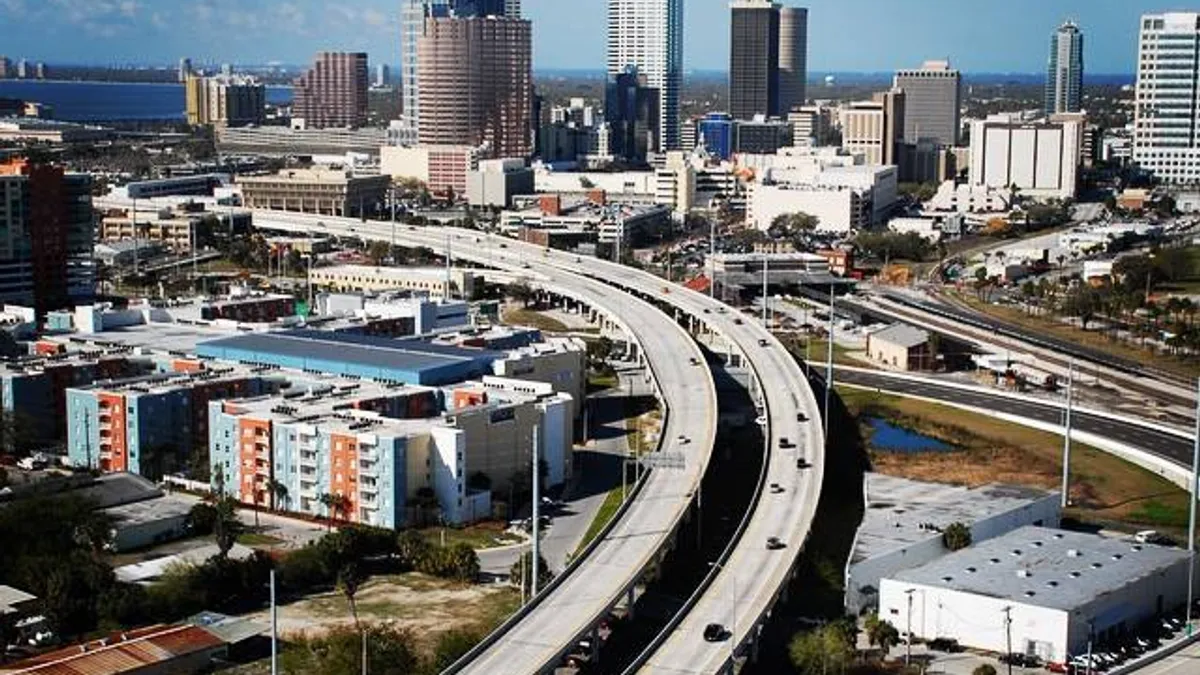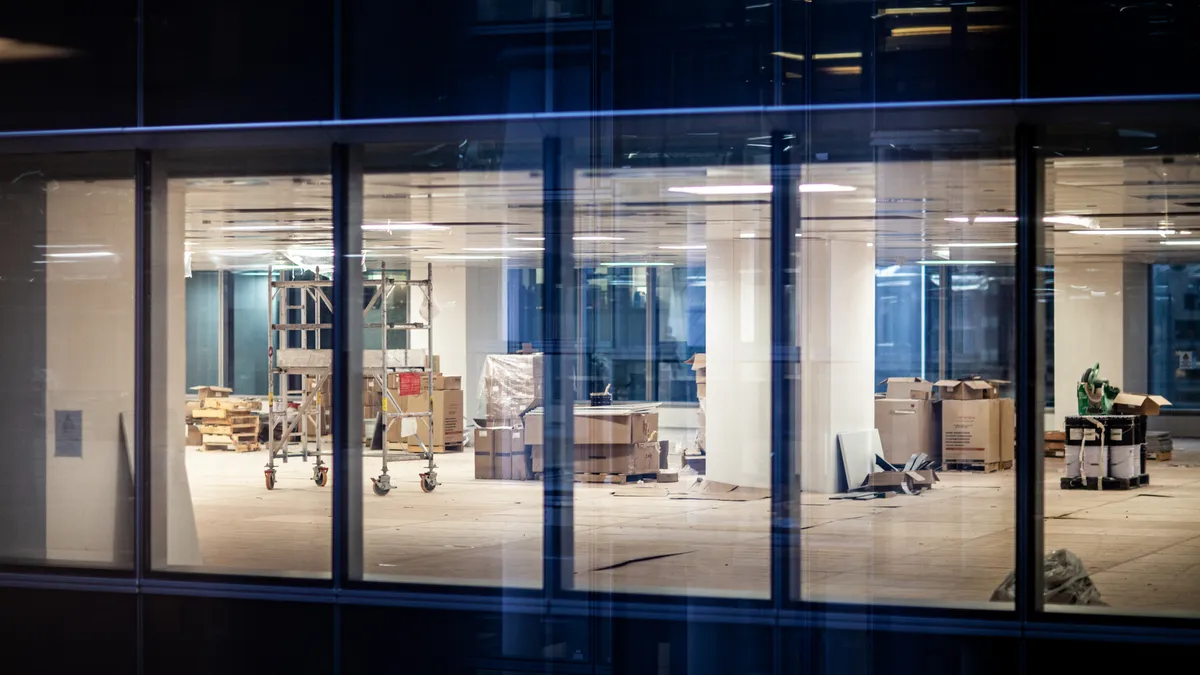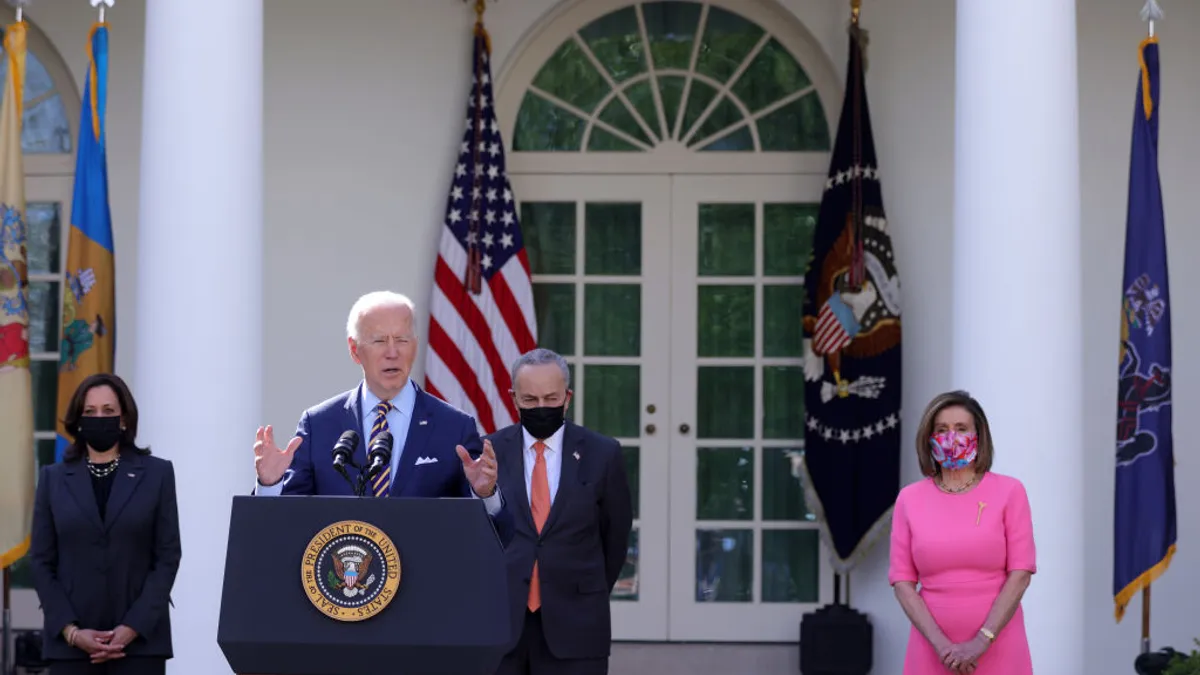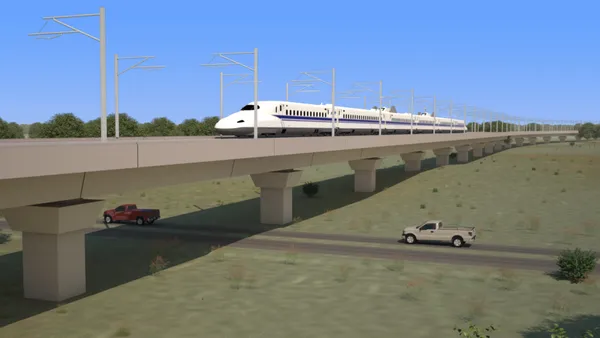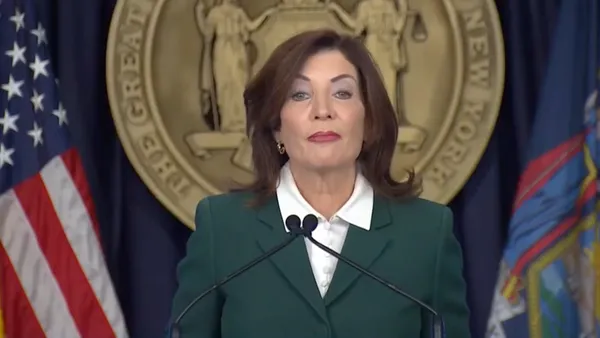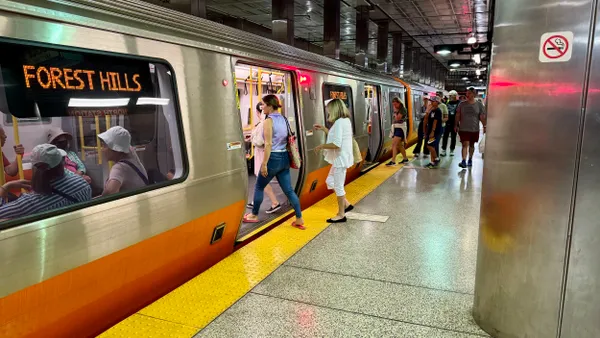Dive Brief:
- Starting Wednesday, Perrone Robotics and SAE International are offering autonomous vehicle (AV) test rides to the public in Tampa, FL to gauge public acceptance of self-driving cars.
- Participants will take a ride in a fully autonomous Lincoln MKZ and will be surveyed before, during and after the ride to identify areas for future public education, according to the Tampa Bay Business Journal.
- The rides will include an encounter with a pedestrian and a parked vehicle, which will give riders the chance to see how the cars react to real-world obstacles.
Dive Insight:
Even as technology races forward, public acceptance remains a barrier to the growth of AVs. That’s why SAE International is offering free rides on Tampa’s Lee Roy Selmon Expressway — the three-day demonstration won’t just give the public a chance to experience the cars first-hand, but will give the engineering association a chance to collect feedback on how comfortable riders really are.
Public perception of autonomous vehicle technology took a hit after an Uber test vehicle struck and killed a Arizona pedestrian in March. Polling from Morning Consult found that the number of Americans who said self-driving cars were less safe than human driver jumped from 36% in January to 50% in April, a change attributed to the accident. Several states also halted self-driving vehicle tests, a blow to the industry’s momentum.
Florida has been bullish in attracting companies to test their technology in the state, and Tampa has emerged as a key site. The city was awarded a federal grant in 2015 to outfit the Lee Roy Selmon Expressway as an experimental site for technology that would wirelessly connect vehicles and traffic signals, laying the groundwork for a fully autonomous roadway. This is in addition to a recently-signed memorandum of understanding (MOU) between the city and the University of South Florida promising to partner and research "creative" transportation solutions.
State Sen. Jeff Brandes, R, is pushing this week’s trials as he promotes his legislation to update state transportation codes that "require or presume" a human driver. Brandes told the Tampa Bay Business Journal that having passengers see the technology in person was key to moving it forward. "Once you understand that the tech is driving as good if not better than you drive, then you begin to trust the decisions it makes," he said.


